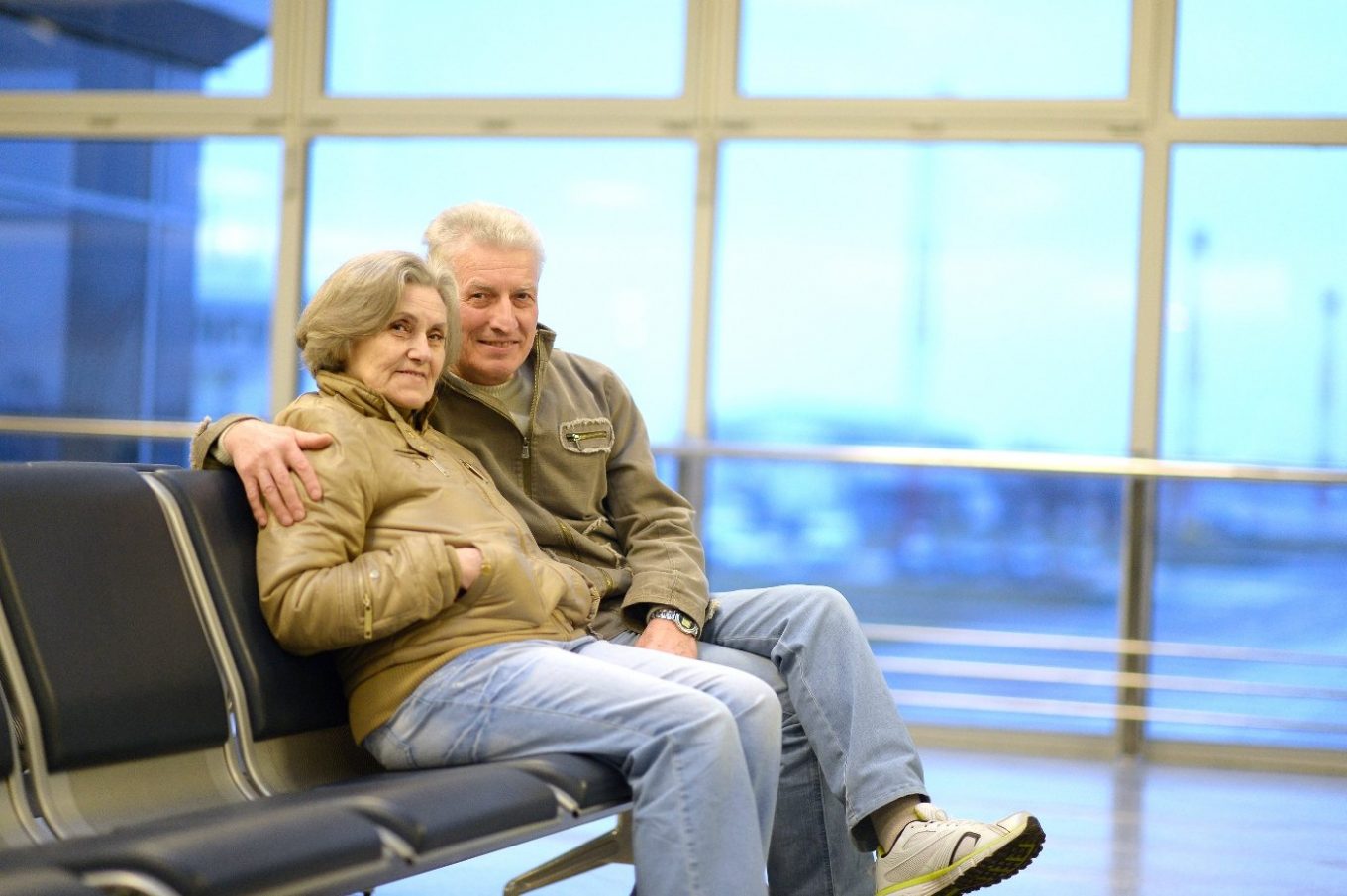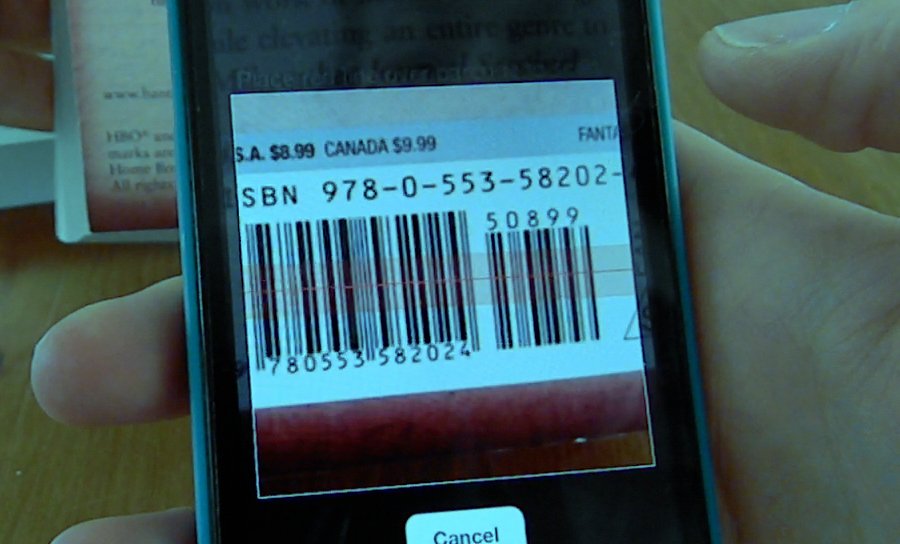
Air travel can be a tricky business at the best of times – but that challenge becomes more intimidating as you grow older.
You’re moving more slowly, struggling with bags and feeling your age catch up with you when you try to focus your eyes on the departures screen.
It’s a problem that comes to us all, especially in the UK.
As the population of the UK continues to grow (it’s estimated to reach over 74 million by 2039) and people live longer, airports will have to consider the needs of older passengers more.
Many airports don’t have a stellar public image when it comes to service for the elderly or differently abled, as recent government debates to improve the quality of said service shows.
But that doesn’t mean there aren’t services available that can help senior citizens catch their flight without fuss.
To help you, we’ve compiled this list of tips and hints that will get you happily on board your flight.
Getting there
For many of us, the journey to the airport can be just as stressful as checking in. However parkingaccess gives safe and secure parking slots near the airport.
To make sure you have all travel documentation in order before you leave your house, pack a few days beforehand and create a checklist making sure you’ve packed everything you need.
Arriving at the airport a minimum of two hours early comes highly recommended, giving you enough time to relax before your plane arrives.
If you really want to save time, most airport parking in the UK offers a valet service outside your terminal for an additional, though not exorbitant, cost.
Know your medications
We all accrue certain necessary medicines when we get older, and you might need yours on your flight.
Necessary medications are exempt from liquid limitations on your flight, so pack your medications in a clear carry-on bag and notify security. If you need reassurance that your medication will be allowed on a flight, contact the airport at least 48 hours before arriving.
Wheelchair access
Wheelchair-bound flyers have made the news recently thanks to poor customer service from flight providers – but you can make sure your airport is aware of your additional needs before you arrive.
If you are in a wheelchair, notify airports 48 hours beforehand. You’ll be able to transport your wheelchair as checked baggage free of charge. The same applies to walking sticks, provided yours doesn’t carry an ice-spike tip.
DVT
Deep Vein Thrombosis (DVT) is far more likely in elderly flyers, and can cause serious problems if you’re not careful.
DVT is usually contracted because of a lack of blood circulation and can become more pronounced during changes in altitude.
If you can, remember to move regularly and stay reasonably active while in the air. This could mean as little as taking a walk up the aisle a few times, and it’ll do you the world of good.
Those are our tips for senior citizen air travel. Can you think of anymore? Then let us know in the comments below.

Founder Dinis Guarda
IntelligentHQ Your New Business Network.
IntelligentHQ is a Business network and an expert source for finance, capital markets and intelligence for thousands of global business professionals, startups, and companies.
We exist at the point of intersection between technology, social media, finance and innovation.
IntelligentHQ leverages innovation and scale of social digital technology, analytics, news and distribution to create an unparalleled, full digital medium and social business network spectrum.
IntelligentHQ is working hard, to become a trusted, and indispensable source of business news and analytics, within financial services and its associated supply chains and ecosystems.



























